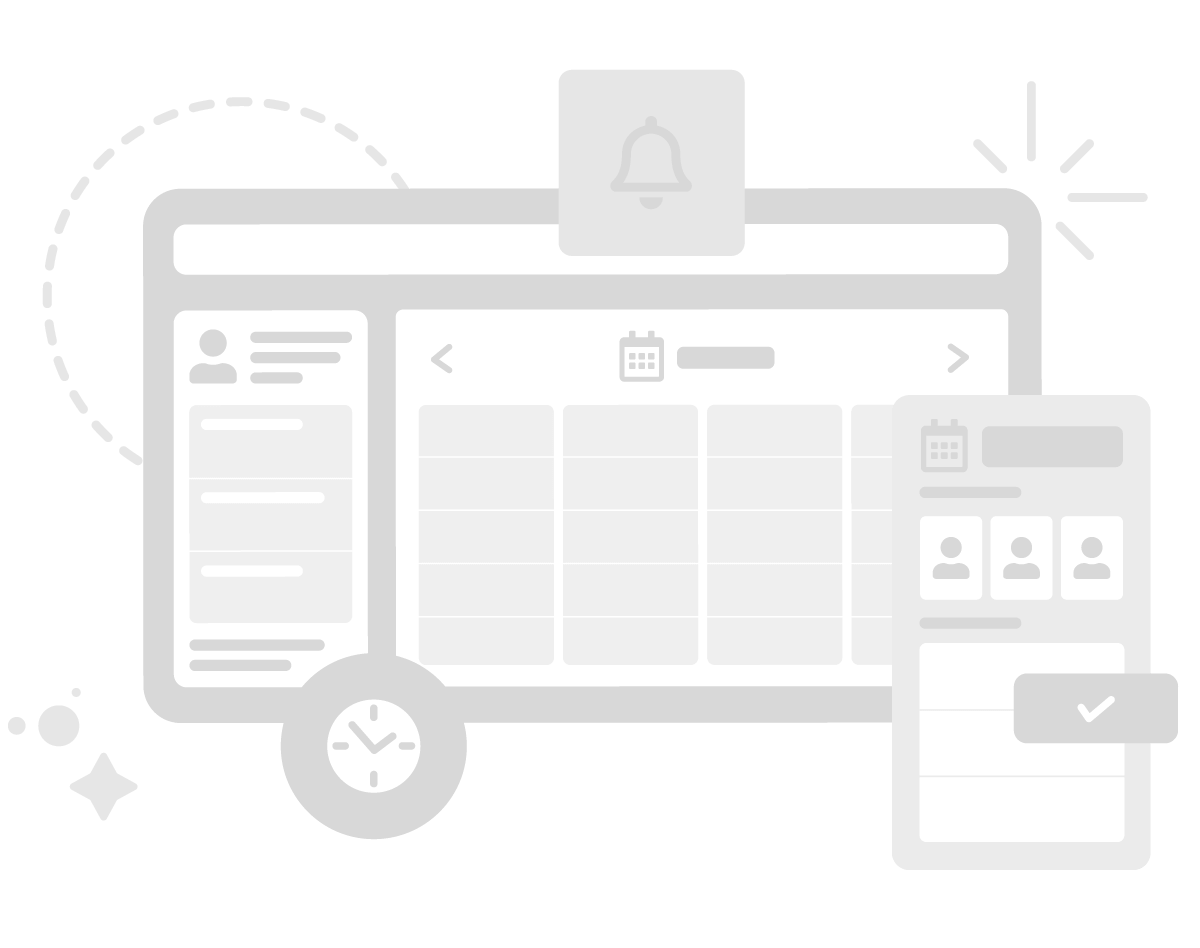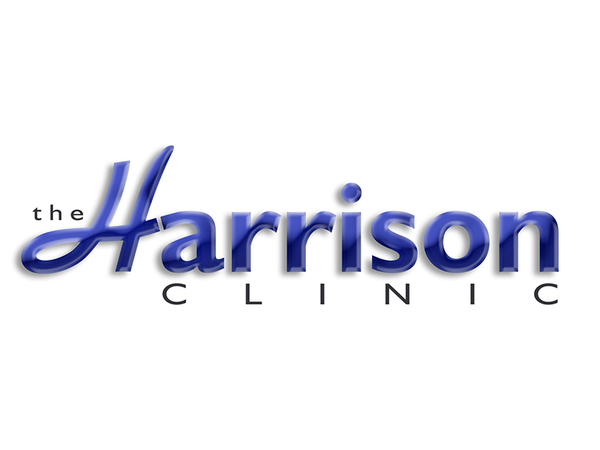Book an Appointment
Health Insurance Patents - Please Read
If you’d like to use your health insurance for your appointment, we’ll just need a few details from your policy in advance. This helps us make the process smooth for you and avoids any unexpected charges.
The information we’ll need includes:
Your membership number, Authorisation code, Any excess amount payable, Number of sessions approved, The condition covered (e.g., back pain, knee pain), Which practitioner type you’re covered to see (e.g., osteopath, physiotherapist), Your policy renewal date.
You’ll receive an intake form to provide these details before your first visit. If we don’t receive this form ahead of time, we’ll need to book your session as a standard private appointment, with fees payable on the day.
Thank you for helping us make sure your appointment runs as smoothly as possible.
Welcome to our online booking site.
Osteopathy
Osteopathy is a system of diagnosis and treatments based on the principle that the structure and function of the body are interrelated and therefore rely on each other for optimal health.
Through case history and clinical examination the osteopath seeks to establish the exact source of the patient’s problem and formulate a diagnosis.
Hands on treatment is aimed at reducing symptoms/pain, restoring function and removing any mechanical imbalances which are preventing healing.
The osteopath will also provide rehabilitation exercises and life-style advice to help prevent further problems…
Evidence has shown that osteopathy is effective in the treatment of*:
Sciatica
Joint Pains
Joint pains including hip and knee pain from osteoarthritis as an adjunct to core OA treatments and exercise.
General, acute & chronic backache, back pain (not arising from injury or accident)
Generalised aches and pains
Lumbago
Migraine Prevention
Arthritic Pain
Circulatory Problems
Cramp
Digestion Problems
Fibromyalgia
Rheumatic Pain
Sciatica
Uncomplicated mechanical neck pain (as opposed to neck pain following injury i.e. whiplash)
Minor sports injuries
Muscle Spasms
Neuralgia
Frozen shoulder/ shoulder and elbow pain/ tennis elbow (lateral epicondylitis) arising from associated musculoskeletal conditions of the back and neck, but not isolated occurrences
Headache arising from the neck (cervicogenic)
Tension and inability to relax
Cranial Osteopathy
Cranial osteopathy is a gentle, hands-on approach used by some osteopaths as part of their overall treatment. It focuses on subtle techniques applied to the head, spine and body, with the aim of encouraging relaxation and releasing tension.
Practitioners of cranial osteopathy use light touch to feel for areas of strain or restriction in the body. Some people describe the treatment as calming, and it may be included as part of a wider osteopathic session tailored to your individual needs.
Cranial osteopathy can be used with people of all ages, including babies and children. Your osteopath will always take a full case history, assess your needs and explain how cranial techniques may form part of your care.
Physiotherapy
Physiotherapy is a evidence based profession and takes a ‘whole person’ approach to health and wellbeing, which includes the patient’s general lifestyle.
At the core is the patient’s involvement in their own care, through education, awareness, empowerment and participation in their treatment. and rehabilitation.
Physiotherapy can benefit people at all life stages. Physiotherapists commonly work with back pain, joint pain and soft tissue injuries. Physio's can help with acute injuries, manage the physical aspects of long-term medical condition such as asthma as well as help women preparing for childbirth. Physio's are also excellent in helping sports people recover from injury, stay injury free and perform to their maximum.
Pilates is an excellent form of exercise for any age group and for all your exercise needs. Whether you are recovering from an injury, you want to increase your flexibility and strength or you want to better your technique at other sports by using your body more efficiently Pilates can help you. It also helps to prevent injury, and helps to tone your body, or recondition your body after pregnancy.
At the Harrison Clinic we are now offering one to one Pilates lessons with a qualified Physiotherapist with special interest in Pilates and Qualified in APPI Pilates (Australian Physiotherapist in Pilates Institute). With a one to one Pilates session you can ensure that you are doing exercises that are correct for you, suitable to your own specific needs. With individual care and attention you can be sure that you are performing the exercises correctly, which will lead to you seeing improvements more quickly.
It is important to build a good technique from the beginning, then allowing you to progress with ease and confidence in to the higher level exercises. It is a form of exercise that starts with engaging the core muscles, these include the transversus abdominus, pelvic floor and diaphragm muscles and then build on this core contraction to add in resistance and load to strengthen the core and condition the body.
Sports Massage / Soft Tissue
Sports massage & soft tissue therapy is focused upon both consultation and treatment. A thorough understanding of anatomy and physiology means that the source of pain can be pin pointed and then treated with the appropriate massage therapy. In the sports world it is used proactively to prevent injury.
Sports massage & soft tissue therapy combines general and deep tissue manipulation with various forms of stretching techniques to improve muscle health and performance. The treatment is direct and results are experienced quite quickly.
The treatment of sports injuries is the area most people naturally associate with remedial massage but it is also used very successfully in the treatment of a broad range of conditions. Patients of all ages with a wide variety of problems benefit from sports massage.
Acupuncture
What is Traditional Chinese Medicine (TCM) and Five Element Acupuncture?
Traditional Chinese Medicine (TCM) is a holistic healing system practiced for thousands of years. It views the body as an interconnected system, emphasising balance between Yin and Yang, the flow of Qi (vital energy), and the health of the Zang-Fu organs. TCM treatments include acupuncture, moxa, cupping, gua sha, and dietary therapy to restore harmony and promote healing.
Five-element acupuncture is a branch of TCM that focuses on the natural elements (Wood, Fire, Earth, Metal, and Water) and their influence on physical and emotional well-being. It seeks to treat the root cause of imbalance by identifying a person’s primary element and supporting their overall energetic health.
What Can It Treat?
TCM and Five Element Acupuncture can help with a wide range of conditions, including:
Pain relief (chronic pain, headaches, back pain, arthritis)
Digestive disorders (IBS, bloating, acid reflux)
Stress, anxiety, and emotional imbalances
Sleep issues and fatigue
Women’s health (menstrual irregularities, menopause, fertility support)
Immune system support (allergies, autoimmune conditions)
By addressing both the physical symptoms and the underlying causes, acupuncture helps to restore balance, promote self-healing, and enhance overall well-being.
Pelvic Health - Women's Health - Pregnancy Clinic
Pre- and Postnatal Physiotherapy – Supporting your body through pregnancy, birth
recovery, and beyond
Pelvic Pain Relief – Helping to manage and reduce discomfort from conditions like
endometriosis, vulvodynia, or pelvic tension
Incontinence Support – Addressing bladder and bowel issues with evidence-based
strategies
Pelvic Floor Assessments – In-depth evaluations to understand how your pelvic floor
is functioning
Perimenopause & Menopause Care – Helping you adapt to hormonal changes with
targeted pelvic health support
Pregnancy Wellness – Preparing your body for birth with expert advice, exercises,
and hands on care.
Pelvic Health Assessment
What symptoms can be addressed in this appointment?
We see a wide range of pelvic floor concerns, including:
Urgency, frequency, or leakage (urinary incontinence)
Difficulty fully emptying your bladder or bowels
Constipation or bowel incontinence
Signs of pelvic organ prolapse (such as a feeling of heaviness, pressure, or bulging)
Pelvic pain or discomfort during sex
Pregnancy Assessment
What is this appointment for?
This session is ideal if you’re looking for expert guidance during pregnancy — whether you
have specific concerns or just want to check in with how your body is coping. It’s especially
helpful if you’re experiencing:
Pelvic girdle pain (PGP)
Lower back or hip discomfort
Bladder leaks or urgency
Bowel incontinence or urgency
Symptoms of pelvic organ prolapse
A desire to feel confident and prepared for birth and the postnatal period
Select a consultation
from the list on the left
to view available appointment times

Located at: The Harrison Clinic, Bridge Farm, Reading Road, Arborfield, Reading, RG2 9HT
Directions & Map |
Need Help? 0118 9762253 reception@harrisonclinic.co.uk
